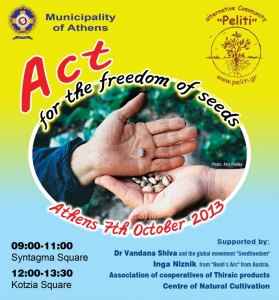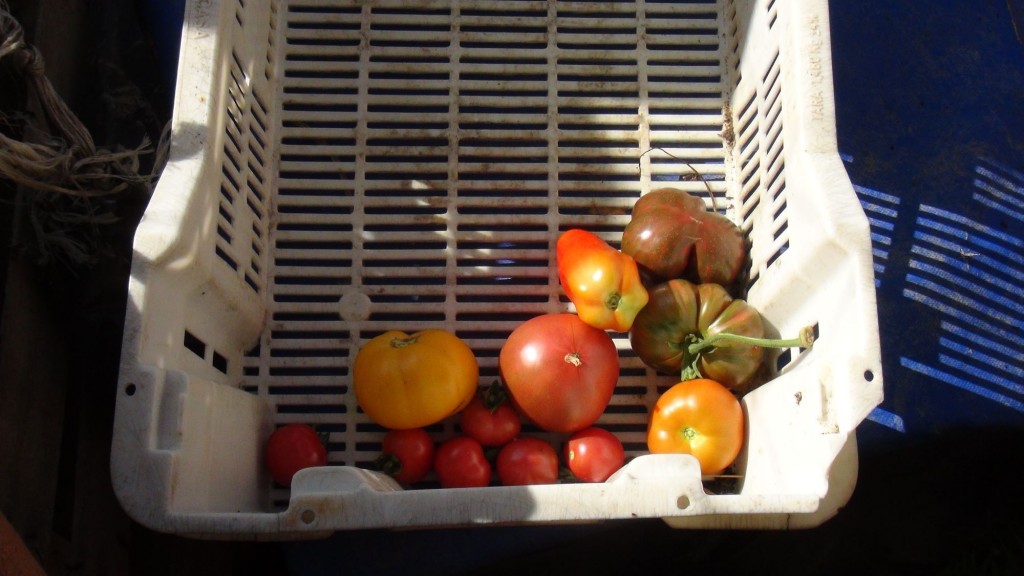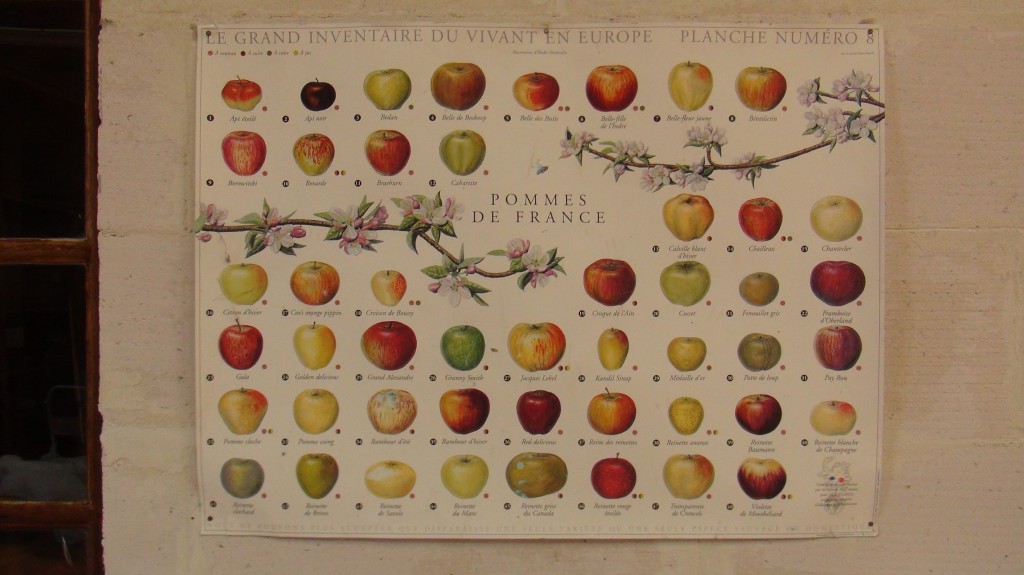The new trailer for Star Wars VII came out just yesterday and it’s racked up more than 30 million views already. Not bad eh?
Here it is for good measure.
I used to really, really love Star Wars. It was about the same time I really, really loved Harry Potter and Pokemon, give or take a few years. Today, as a more or less adult man, in the same way I will still enjoy but find it difficult to really get into Harry Potter and Pokemon for prolonged periods of time—even for nostalgia’s sake—, I cannot really get Star Wars the same way I used to anymore. It feels comfortable, it feels familiar and easy, but comfortable and familiar is not necessarily what I need or want. Of course I’ll enjoy the movies anytime (I had a blast re-watching A New Hope on VHS a couple of months back—seriously, give let’s VHS a chance— and listening to Verily, A New Hope immediately thereafter) and I’m sure that the SW fan lying dormant somewhere inside of me just waiting to be Awakened will duly do so two months from now, hand-in-hand with the rest of geekkind and the very Force itself, apparently. That much is a given.
But sometimes I do wonder what the world would look like without Star Wars. There, I said it.
Jodorowsky’s Dune. Here’s a link to the full movie. I can’t recommend it enough. Watched it on the train from Belgrade to Thessaloniki. The thumbnail with ole Alejandro sticking his tongue out doesn’t do it justice—or maybe it does. Depends on you.
Imagine a world where there was no Star Wars yet, no original sci-fi blockbuster. Imagine a world where Moebius, Pink Floyd, H.R. Geiger, Salvador Dalí, Mick Jagger, Orson Welles and others had all been gathered together by pioneering film-maker Alejandro Jodorowsky with the ambition to create a film that would change the world. A film to “simulate an LSD trip” and change young minds, redefine what was possible for cinema at large visually and thematically. A movie that would play the same technical and cultural role Star Wars played for us, just taking us down a completely different road. A more spiritual and artistic road if you will.
Even though it got as close to production as a film can possibly get without actually making it to the other side, Jodorowsky’s Dune indeed was never shot because of financing troubles: basically nobody in Hollywood possessed balls big enough and the right shade of gold to support the astronomical $15 million budget and all the associated risk. I don’t blame them really.

Think about it though. Star Wars is great, of course, we all love it, but it’s true that as a film it doesn’t exactly have any kind of message, it’s just a superbly made fairy tale with a generic fairy tale good vs evil plot. In fact it has grown into a marketing and merchandising monstrosity, especially in the last five years or so where you can’t throw a rock without having the rock come complete inside a Darth Vader helmet or better yet have it transform inside your hand into an overpriced Lego brick.
What if our Star Wars had been Dune? The documentary above draws all the parallels, ultimately how this spectre of a movie influenced Star Wars itself as well as other significant films in ways we’d never suspect—another reason I would encourage you to watch it. But get this: the universe where Jodorowsky’s Dune was made is the universe where not only Star Wars would have been completely different, if it had been made at all, but also one where we’d never have seen Alien or Blade Runner.
Would you rather stay in our universe with Star Wars, Blade Runner and Alien, or move to one where Jodorowsky’s Dune had been as successful as Star Wars in ours and had spawned all kinds of stories and ever genres we had never thought possible? If you believe that life imitates art, it would definitely be an interesting universe to experience in a broader sense. Would Muslims be seen under a different light? Would psychedelics or ecology play a more important role in pop culture or even make people vaguely more environmentally-conscious? Will we ever be able to traverse parallel universes and find out for ourselves?
If you enjoyed going down this mental path, I would recommend reading Replay, the book that inspired Groundhog Day, but basically spanning the 26 years between 1963 and 1989 instead of just 24 hours. There is a film in it too that gets big instead of Star Wars and changes the world.








